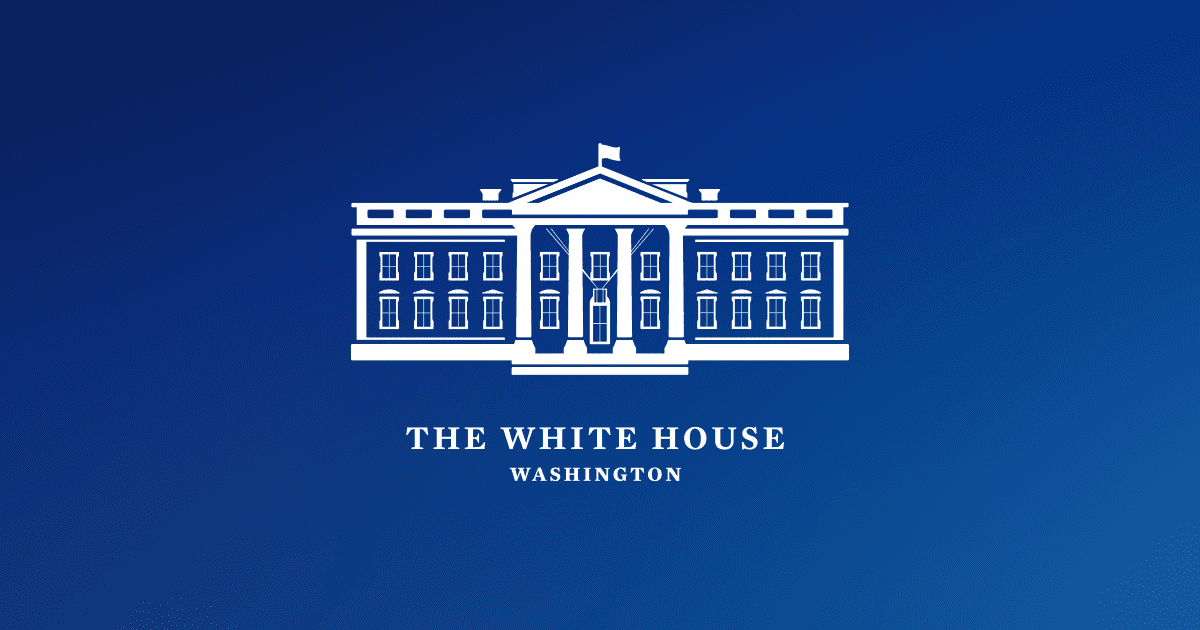
Rollout of the bold “NACDS 2023” initiative continues to advance consumer-empowered, community-focused health and wellness
As part of the bold “NACDS 2023” initiative, NACDS has issued recommendations for the upcoming White House Conference on Hunger, Nutrition, and Health and for the Biden Administration’s policy agenda on these issues.
Described by the NACDS leadership during the 2022 NACDS Annual Meeting, “NACDS 2023” is a strategic approach that reflects NACDS chain and supplier members’ far-reaching focus on health and wellness through the pharmacy, through multidisciplinary approaches to care, throughout the store, and through community collaboration.
On July 15, NACDS submitted five key recommendations for the White House Conference. The recommendations — which come out of a series of NACDS-led, collaborative listening sessions — reflect diverse experience across the Association’s chain and supplier members, and were developed to help advance the primary goal of the White House Conference: to end hunger and increase healthy eating and physical activity by 2030, so that fewer Americans experience diet-related diseases such as diabetes, obesity, and hypertension.
NACDS provided the following recommendations to help achieve the Biden Administration’s goal:
Recommendation 1: Further empower pharmacists’ and other healthcare professionals’ ability to deliver health and wellness care services, including for example, point-of-care testing to inform prevention and management efforts for diet-related conditions. Pharmacies are the most accessible healthcare destination. Located within five miles of 90 percent of Americans, pharmacies exist as key community access points for the public to receive various care interventions related to the linkage between nutrition and health. This accessibility offers a vital opportunity to improve care and foster equity to support nutrition and promote better overall health.
Recommendation 2: Pass the bipartisan Equitable Community Access to Pharmacist Services Act (H.R. 7213) to support Medicare Part B beneficiary access to clinical care delivered by pharmacists. Pharmacies have a crucial role to play in meeting the health and wellness needs of Americans and in addressing social determinants of health and inequities. Passage of H.R. 7213 would help ensure the continuity of accessible pharmacy-based care, during public health emergencies and every day. The Future of Pharmacy Care Coalition, of which NACDS serves on the Executive Committee, continues to aggressively advocate and build support for this legislation.
Recommendation 3: Incentivize payers to cover health and wellness programs to support better public access to healthcare professionals – such as dietitians and pharmacists – who can provide preventive and management support for diet-related conditions and mental health. Providing patients with holistic care, including nutrition and wellness services, can help improve health outcomes – especially for those with diet-related diseases such as diabetes, high blood pressure, high cholesterol, heart disease and chronic kidney disease. Better coordination with health plans would improve patients’ access to care and support the prevention, management and education of nutrition and diet-related conditions.
Recommendation 4: Leverage the accessibility and clinical expertise of pharmacists, pharmacies and other healthcare providers, to participate in existing national prevention programs for conditions including diabetes (Medicare Diabetes Prevention Program) and cardiovascular disease (Million Hearts Initiative) – in addition to future programs. Research continues to support the ability of pharmacists to improve prevention and management of diet-related diseases, especially cardiovascular disease and diabetes, among others. Pharmacies can help close access gaps and promote health equity if they are better integrated into such programs and if barriers are removed to facilitate the role of pharmacists and pharmacies in these programs.
Recommendation 5: Expand eligibility for the Supplemental Nutrition Assistance Program (SNAP) and the Special Supplemental Nutrition Program for Women, Infants and Children (WIC). Good nutrition is critical both for disease prevention and management – yet many Americans face challenges to accessing foods to meet their specific health and nutrition needs. To address these barriers, the White House should modernize the SNAP and WIC programs to incentivize and support access to more nutritious foods — so that lower income individuals who qualify for these programs have greater access to better nutrition.
NACDS stated in its recommendations: “Pharmacies continue to be at the forefront of accessible, person-centered healthcare delivery. As demonstrated during the COVID-19 pandemic, pharmacies reach vulnerable and diverse populations and play an important role in addressing the most pressing public health problems. We look forward to partnering on the policy ideas outlined. We also have creative ideas on how our industry can partner with government to advance the nation’s health more broadly and look forward to future opportunities to collaborate on advancing health and addressing disparities in communities nationwide. We want to be a resource to the White House on this initiative and in your preparation for the Conference.”
Through NACDS 2023, the Association is looking ahead to new and creative ways to advance health and wellness and to serve the NACDS membership with a focus on the total store and the total person. NACDS members are leveraging the unique expertise of pharmacists as both medication experts and broader health and wellness leaders in their communities, in tandem with other health professionals – including dietitians and food scientists.
Earlier this year, NACDS backed the Medical Nutrition Therapy Act (S. 1536/H.R. 3108) – introduced in the U.S. Congress in May 2021. The critical legislation — which would enhance the availability of medical nutrition therapy delivered by registered dietitians, including those practicing in the retail setting — reflects NACDS’ commitment to a holistic and multidisciplinary approach to health, wellness and equity. NACDS also is urging for pharmacists to be able to refer their patients for this therapy. The legislation would make medical nutrition therapy available for patients confronting diseases or conditions such as pre-diabetes, obesity, high blood pressure, high cholesterol, malnutrition, eating disorders, HIV/AIDS and more.
As a next step, NACDS is hosting a related NACDS Institute program at the upcoming 2022 NACDS Total Store Expo in Boston on Saturday, August 27 — which will feature discussion on these major initiatives, opportunities to advance nutrition, health, and equity, and more.